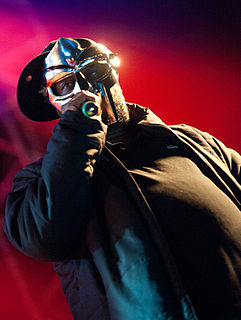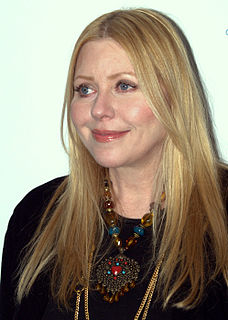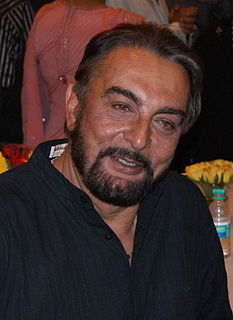A Quote by Jean-Baptiste Say
Wherefore it is impossible to succeed in comparing wealth of different eras or different nations. This, in political economy, like squaring the circle in mathematics, is impracticable, for want of a common mean or measure to go by.
Related Quotes
It would seem that if despotism were to be established among the democratic nations of our days, it might assume a different character; it would be more extensive and more mild; it would degrade men without tormenting them. I do not question that, in an age of instruction and equality like our own, sovereigns might more easily succeed in collecting all political power into their own hands and might interfere more habitually and decidedly with the circle of private interests than any sovereign of antiquity could ever do.
I love reading different scripts and helping create different looks, different environments. Sometimes you go to meet a director over a particular script, and they'll say, 'I want you to do this because I want it to look like Shawshank,' and I'm like, 'Well, I'm not that interested in doing that again.'
And I think that’s a lot of the reason why when you start to fragment your audience, you start to think about what you’re looking for, you’ll go to different spaces, and it parallels what we do as adults. You go to different bars when you’re in the mood for different things. You see different people when you want to go listen to music or when you just want to have a quiet drink with a couple of friends.
Does it seem to you impossible to imagine anything more inextricable than the social contract, when you think of the frightful number of relations that it must regulate -- something like squaring the circle, or finding perpetual motion? That is the reason why, wearied of the struggle, you fall back on absolutism and force.
Individual writers have different postures, different stances, even different physical attitudes as they stand or sit over their blank paper, and in a sense, without doing it, they are crossing themselves; I mean, it's like the habit of Catholics going into water: you cross yourself before you go in.
So I did a program with the Recording Academy, the Grammy Museum. So pretty much they take, like, one hundred kids during the summer and for a week or two every day they go over something different in music history. Then during the music history part of the program, they would just tell us about the different eras.





































